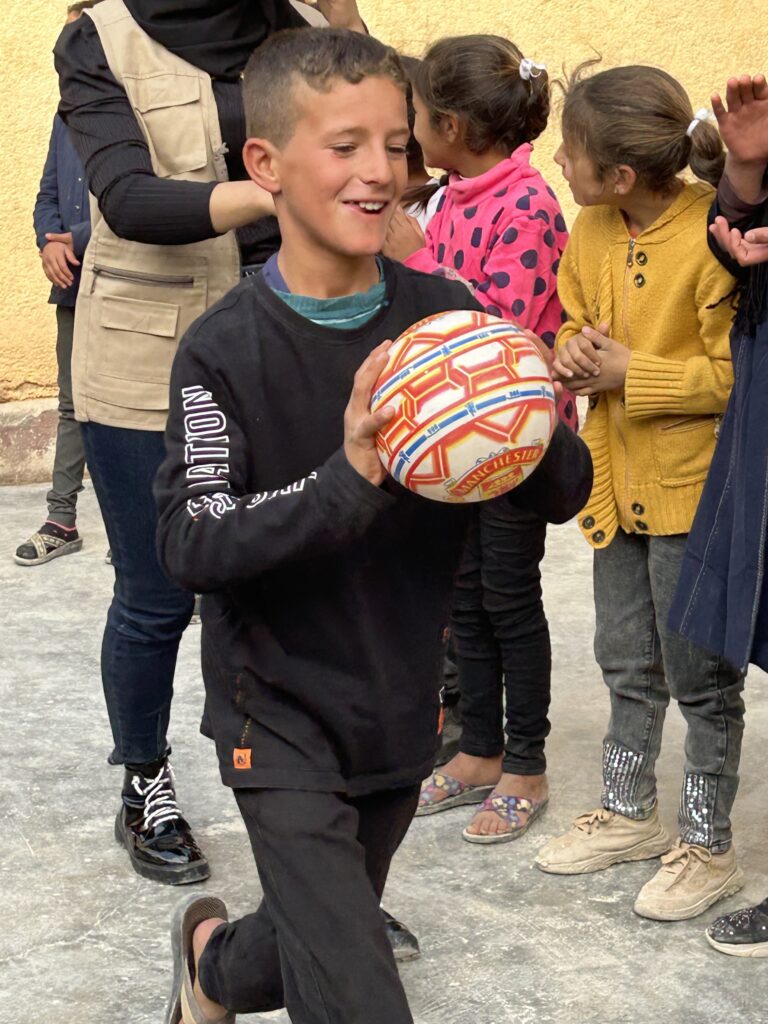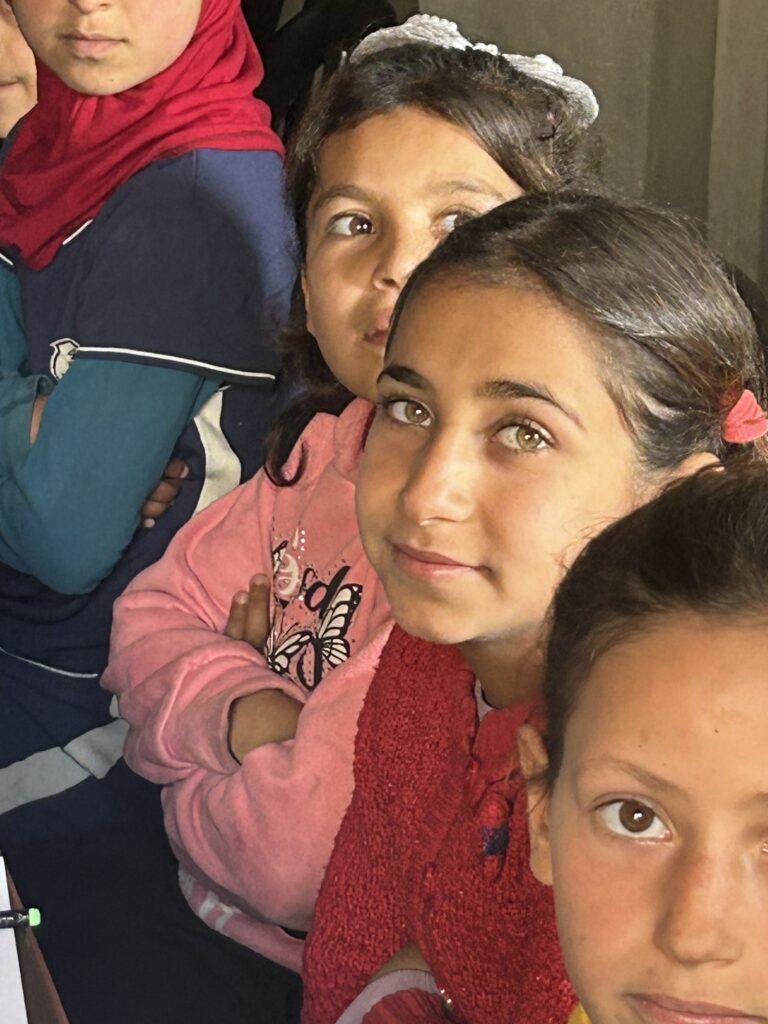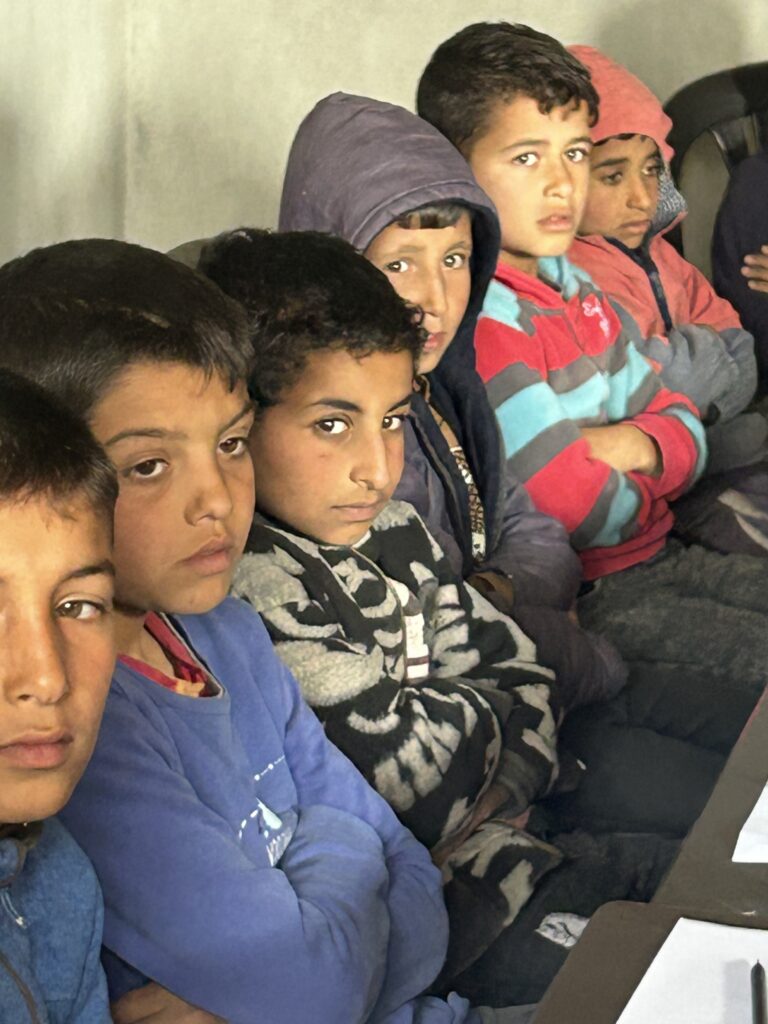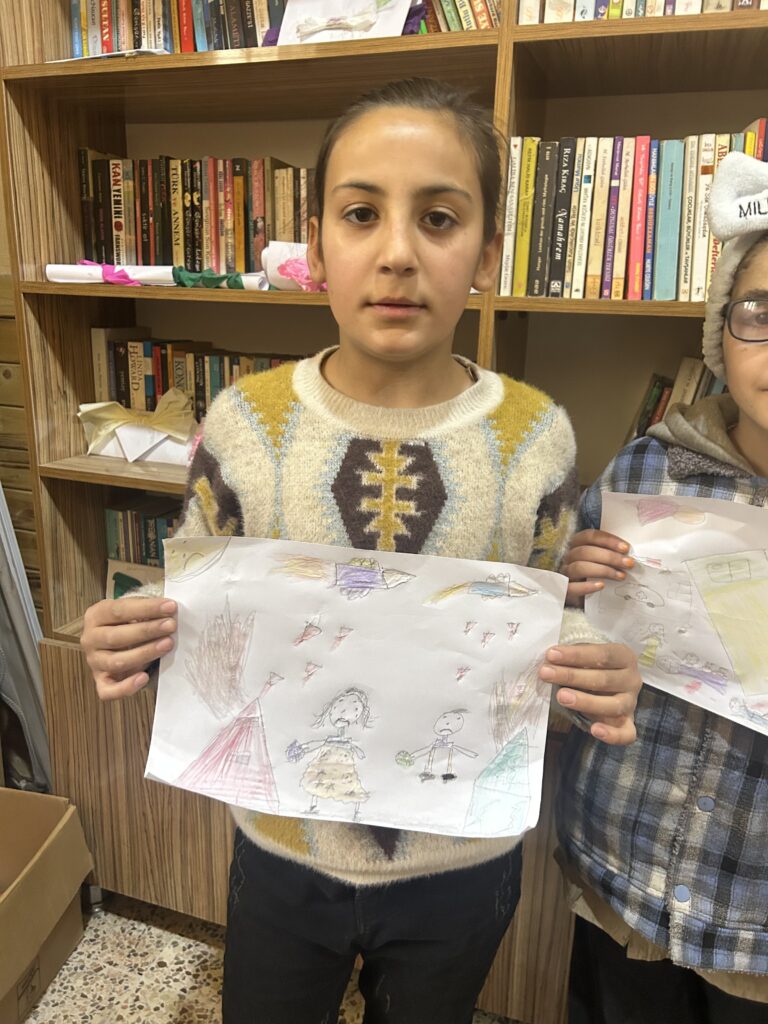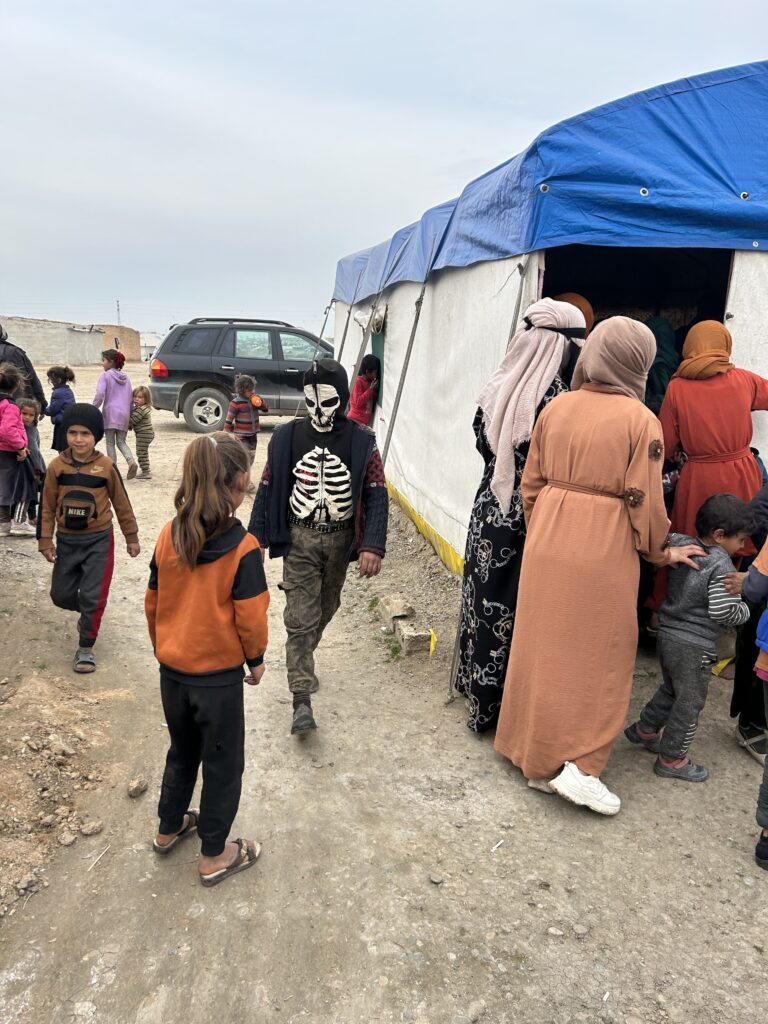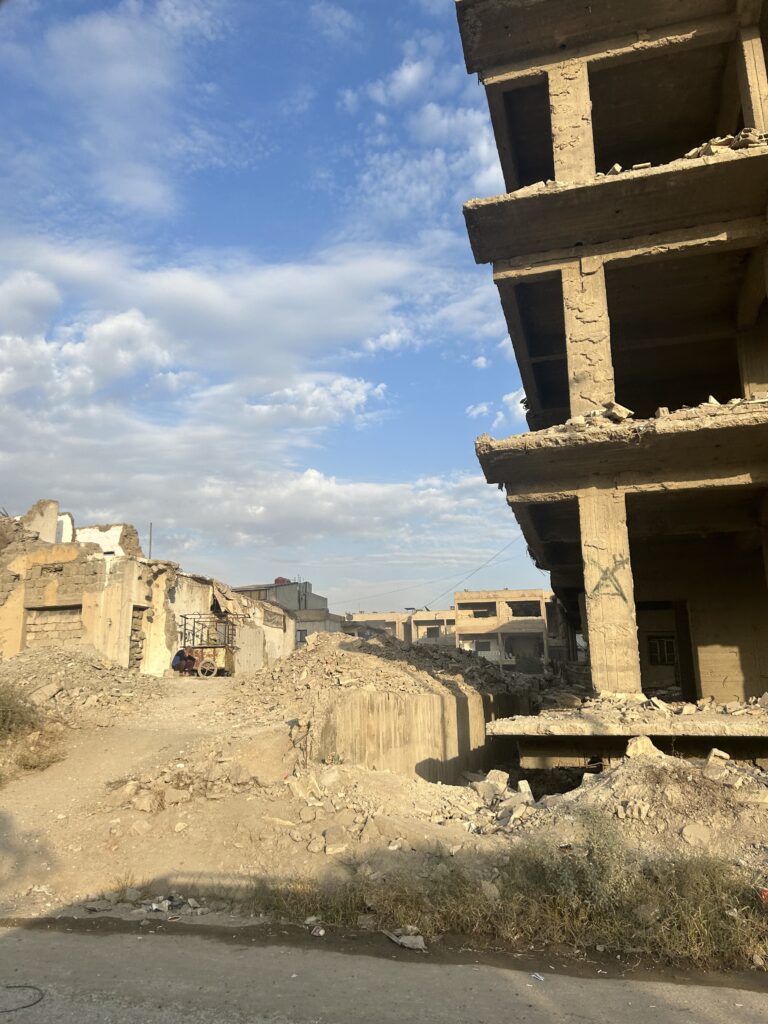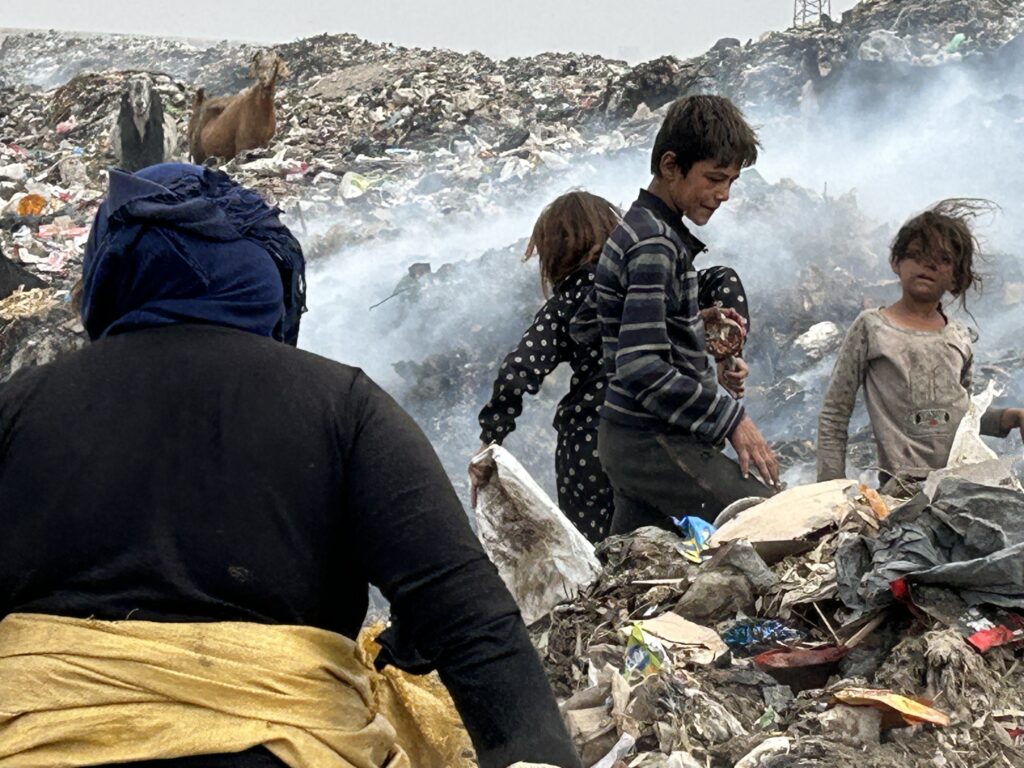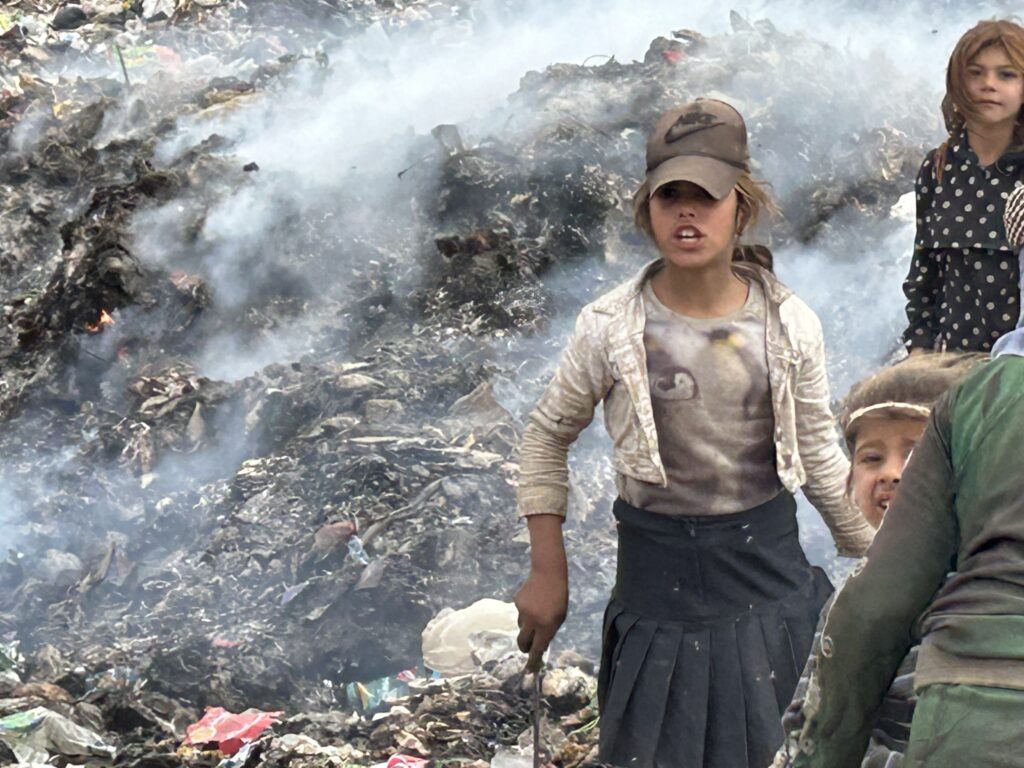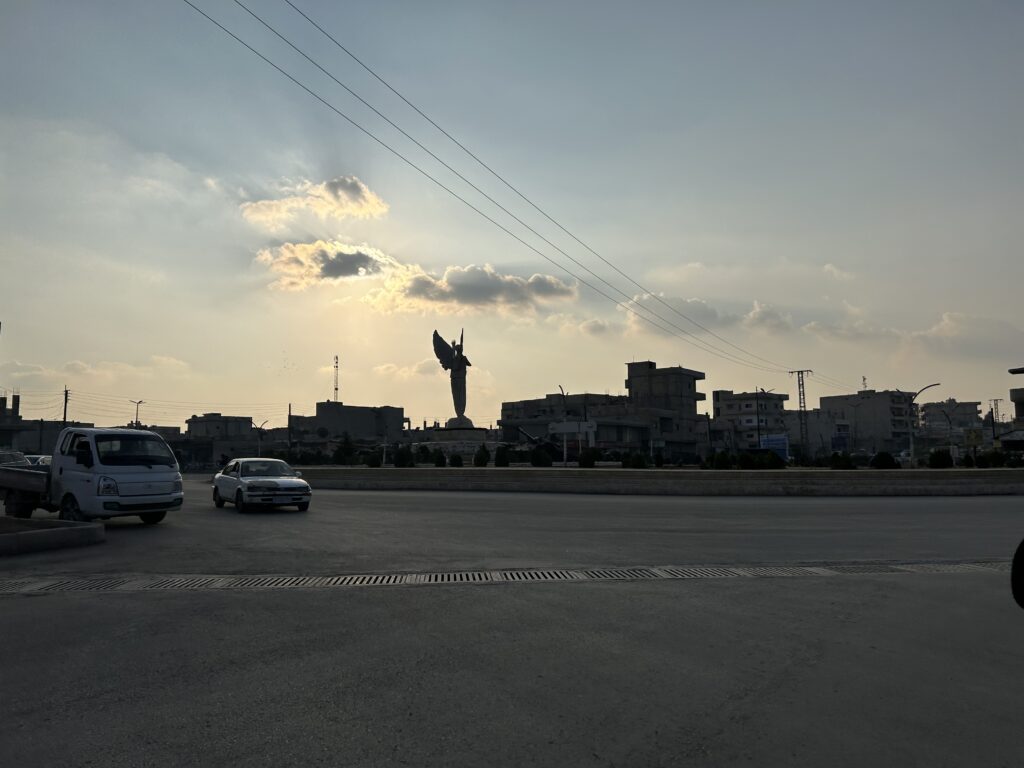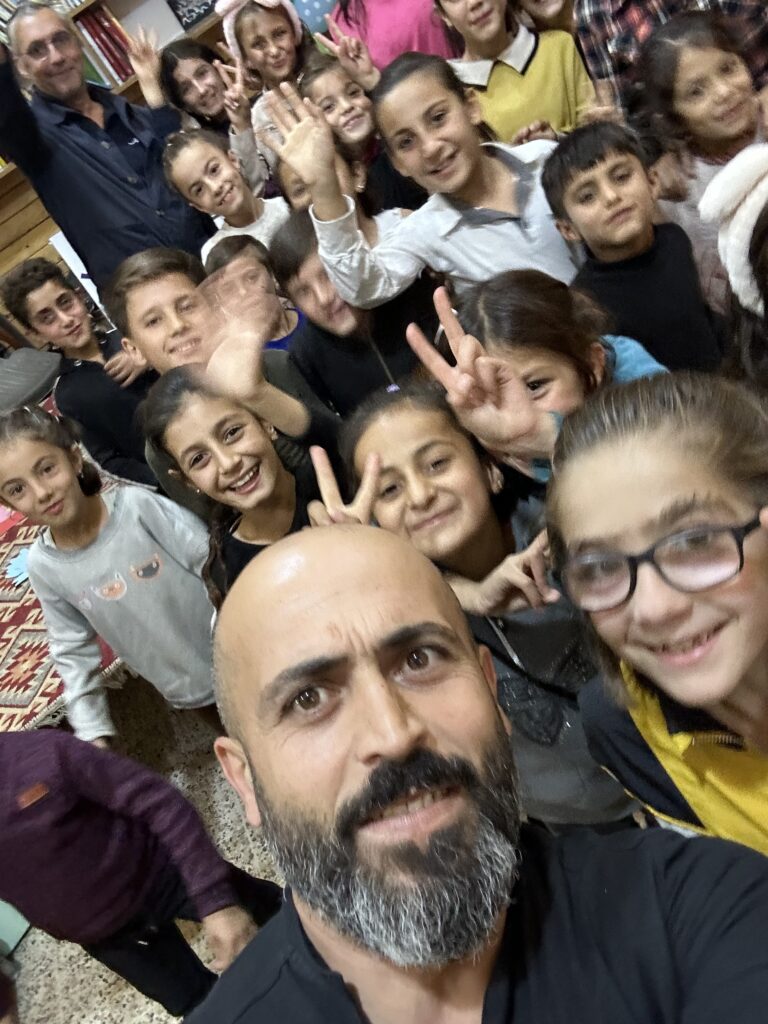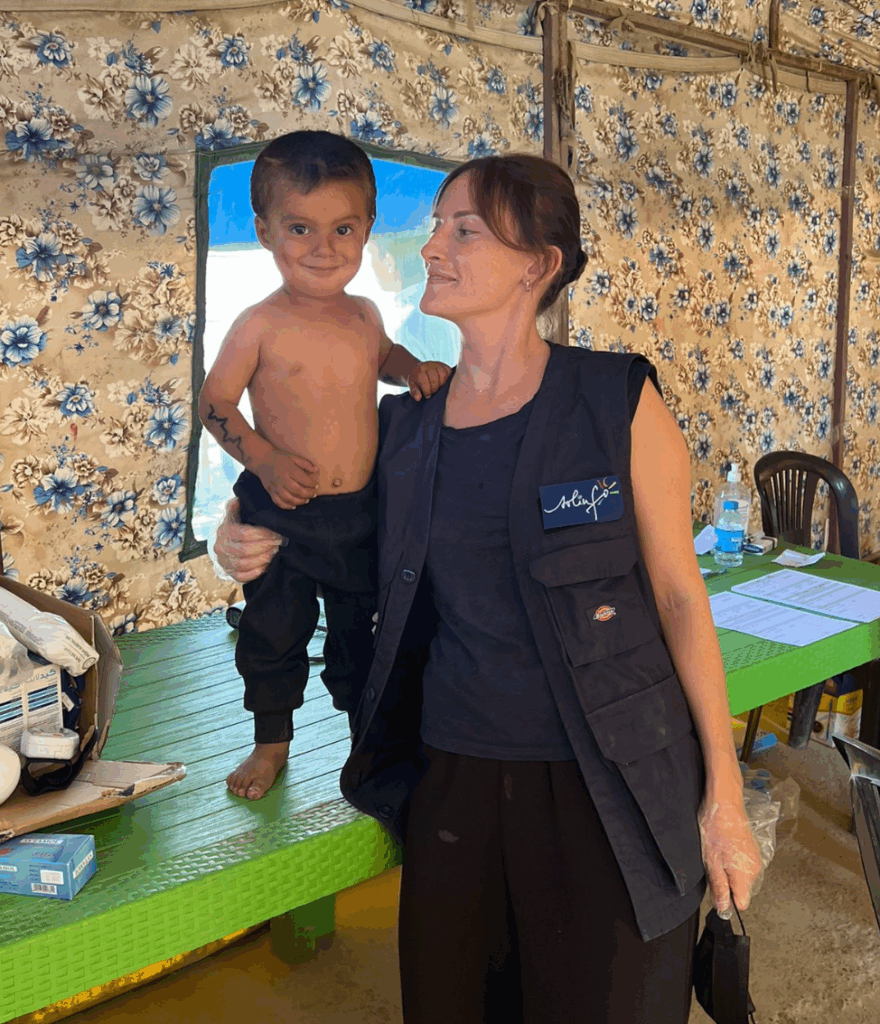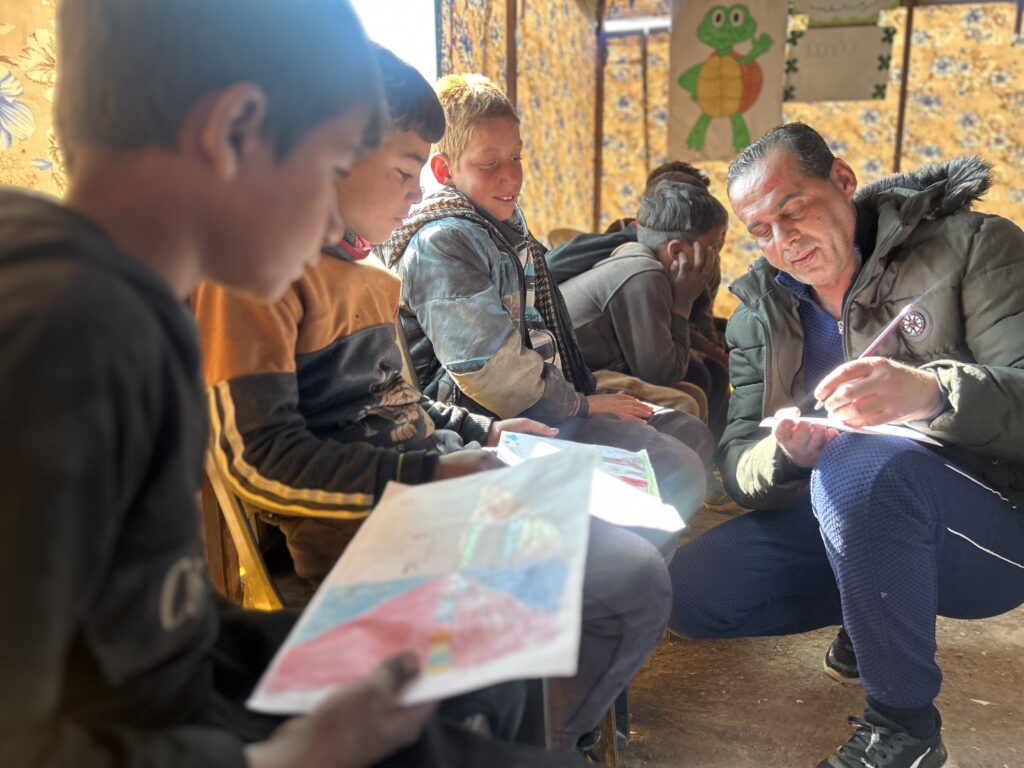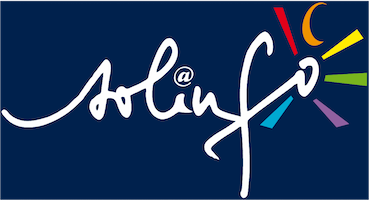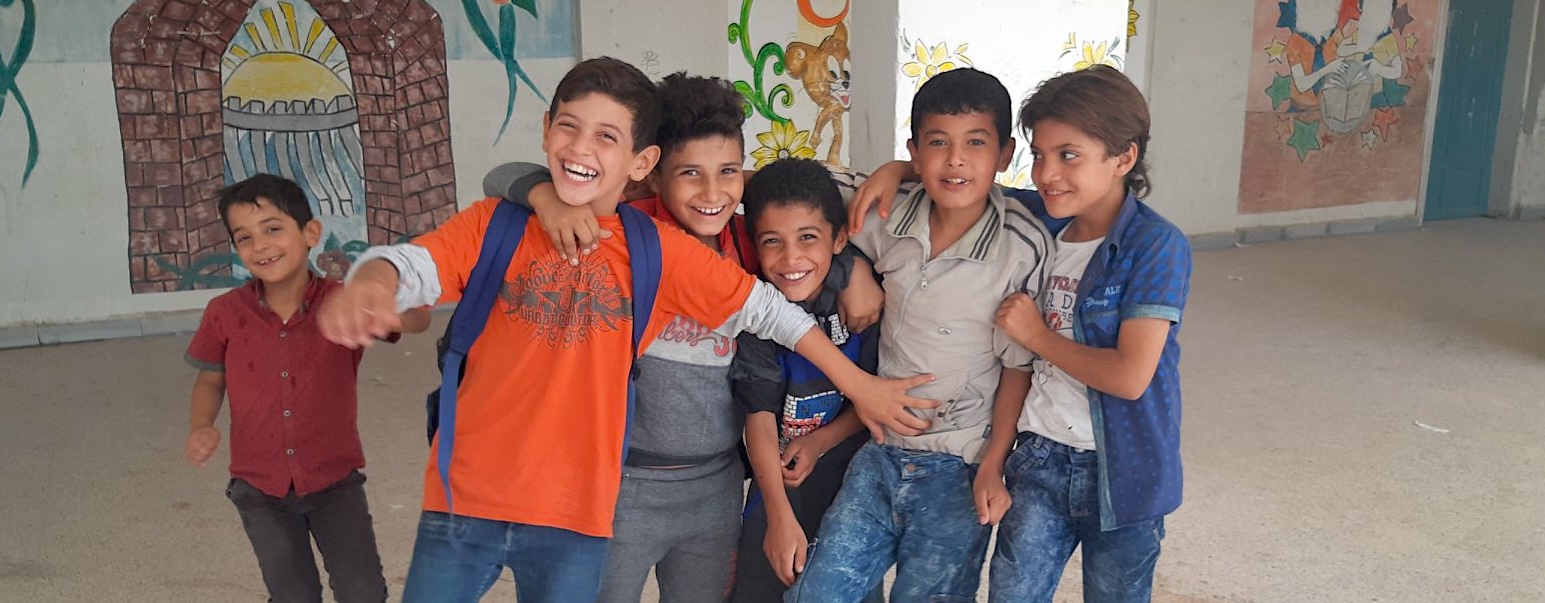Nord Est Syrien
Context of the region
Syria has a population of around 25 million people. Kurds represent an estimated 15% of the total population. The country is undergoing a political transition after the fall of Assad but remains plunged into a massive economic and humanitarian crisis. The state is weakened, infrastructure is destroyed, and several million Syrians still depend on international aid. Northeastern Syria,home to Kurds but also multi-ethnic communities, is a key region due to its oil resources and military importance. Since 2012, it had been functioning autonomously under the Kurdish-led administration and the Syrian Democratic Forces (SDF), composed of Muslim Arab and Christian groups opposed to the Assad regime.
In 2025, an agreement was reached between Damascus and the Kurdish authorities: integration of local institutions, shared control of resources, and recognition of Kurdish rights. However, while the Kurds seek a decentralized or federal model, Damascus favors a unified state. The region remains fragile, affected by political tensions, Turkish pressure, the presence of ISIS camps and prisons, and major social challenges.
The northeast is less destroyed than other Syrian regions, but it suffers from a persistent humanitarian crisis, the economic impact of sanctions, scarce public services, and a large influx of internally displaced people and families of former ISIS fighters. The freezing of U.S. “USAID” funding has had a devastating impact on Northeastern Syria, and more than 16 million Syrians now require humanitarian assistance to survive.
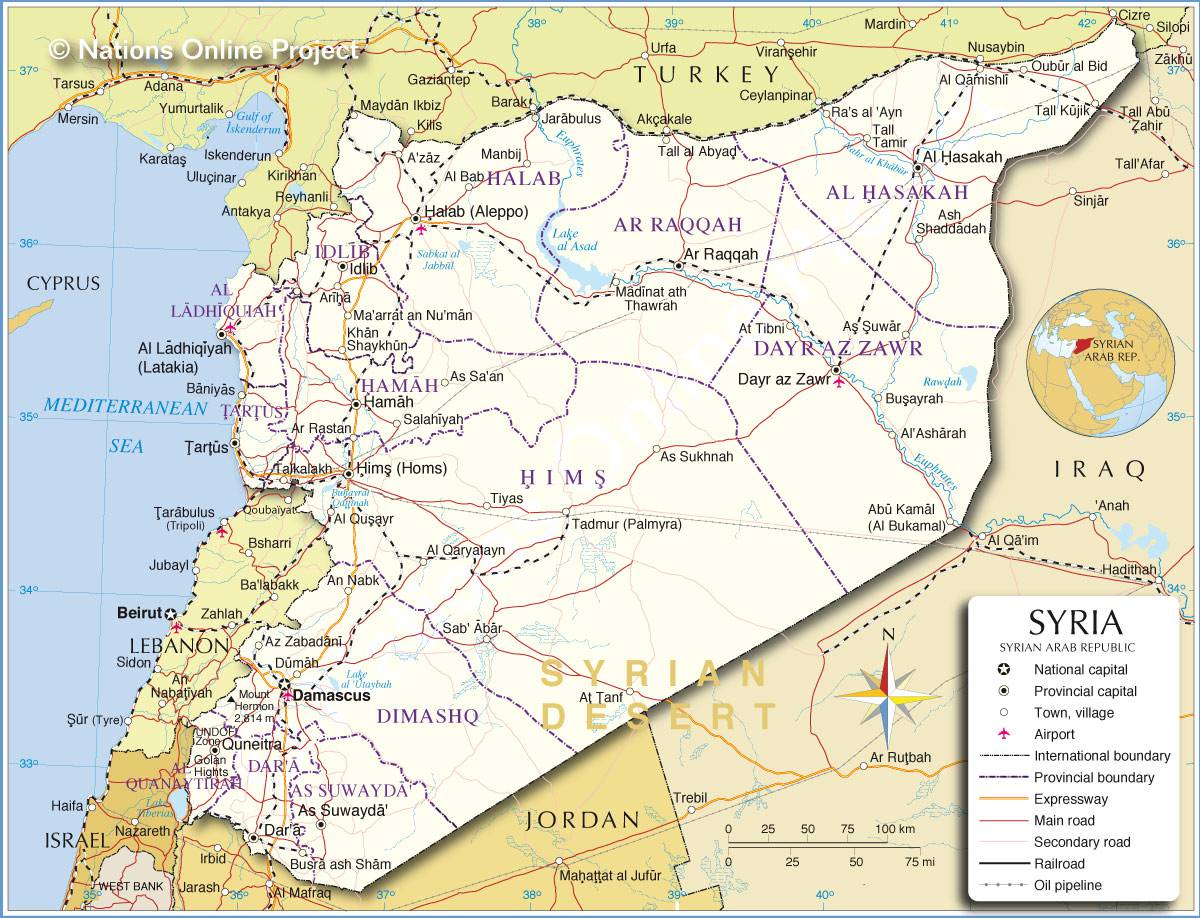
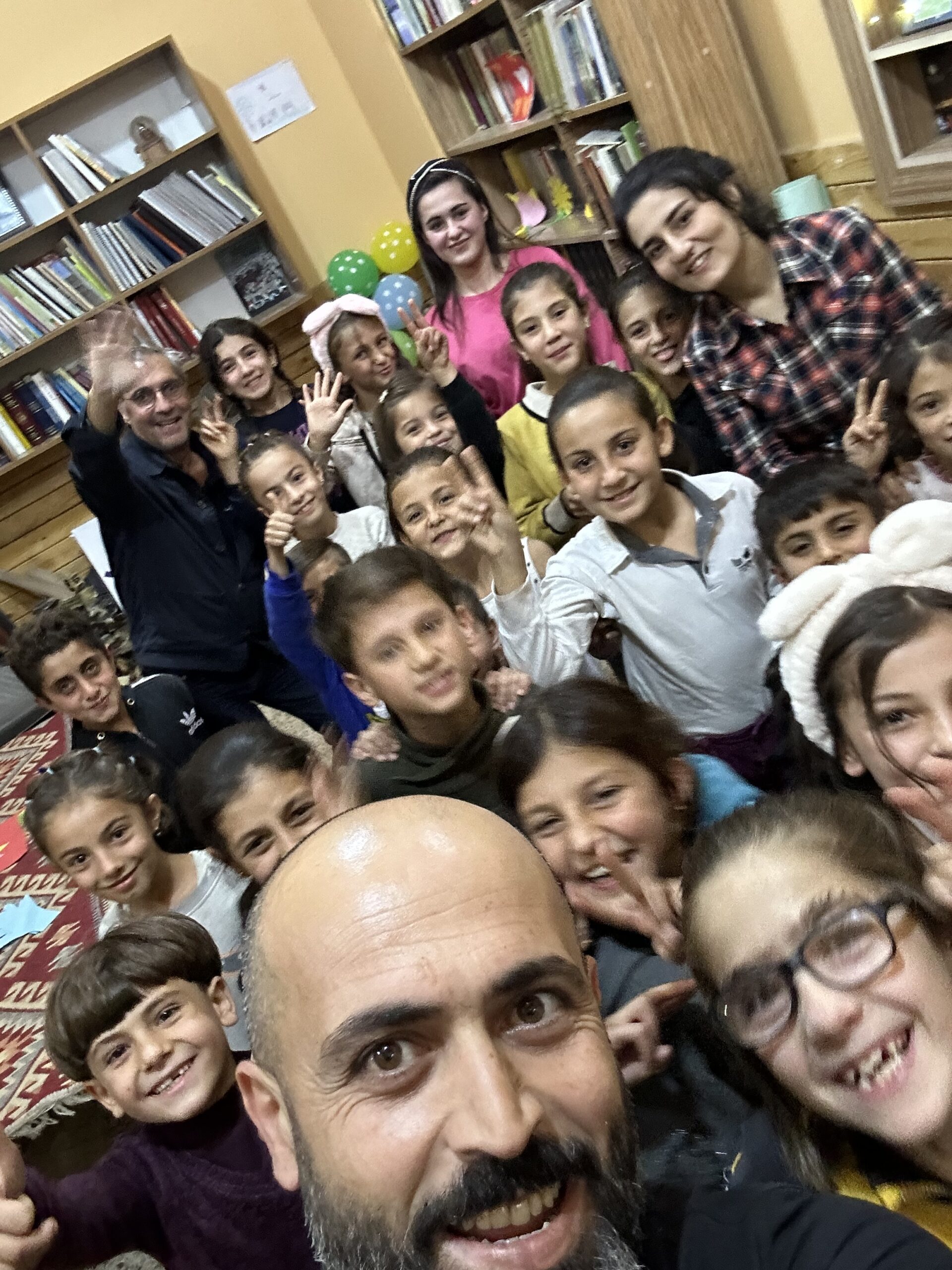
Psychosocial support & medical assistance program for displaced children
The Colorfull Syria psychosocial support programs were launched in 2012 by training teams of facilitators for child-friendly centers welcoming children traumatized by the war, many of whom are internally displaced with their families in Kamishli, Kobané, Raqqa, and Manbij.
Due to the current situation, only the centers in Raqqa and Kobané remain open, and nearly 700 children benefit directly from them.
In Kobané, the center is run by our local NGO partner Seil, and regularly hosts around one hundred children supervised by three female facilitators.
In Raqqa, with our partner Save Land, we work inside the Sahlat al Banat displacement camp.
Our work combines psychosocial support and medical follow-up for roughly 600 children living in the camp, most of whom work on the local garbage dump.
This informal camp brings together displaced Arab and Kurdish families who fled areas of conflict.
Health conditions are extremely poor, with 53% of children suffering from malnutrition—33% in the severe stage according to our recent assessment—and numerous cases of scabies and cholera.
Regular medical check-ups are conducted, along with distributions of hygiene kits and sessions providing nutritional guidance to parents.
Program fundings
We are seeking €30,000 to support this program: to maintain the two existing psychosocial centers in Raqqa and Kobané, to continue medical consultations and hygiene-kit distributions in the Sahlat al Banat camp — located on Raqqa’s public dumpsite.
Solinfo also wishes to open a new psychosocial center soon and to create a theatre troupe for displaced children.
Finally, we aim to improve hygiene and nutritional conditions for the children in our centers.
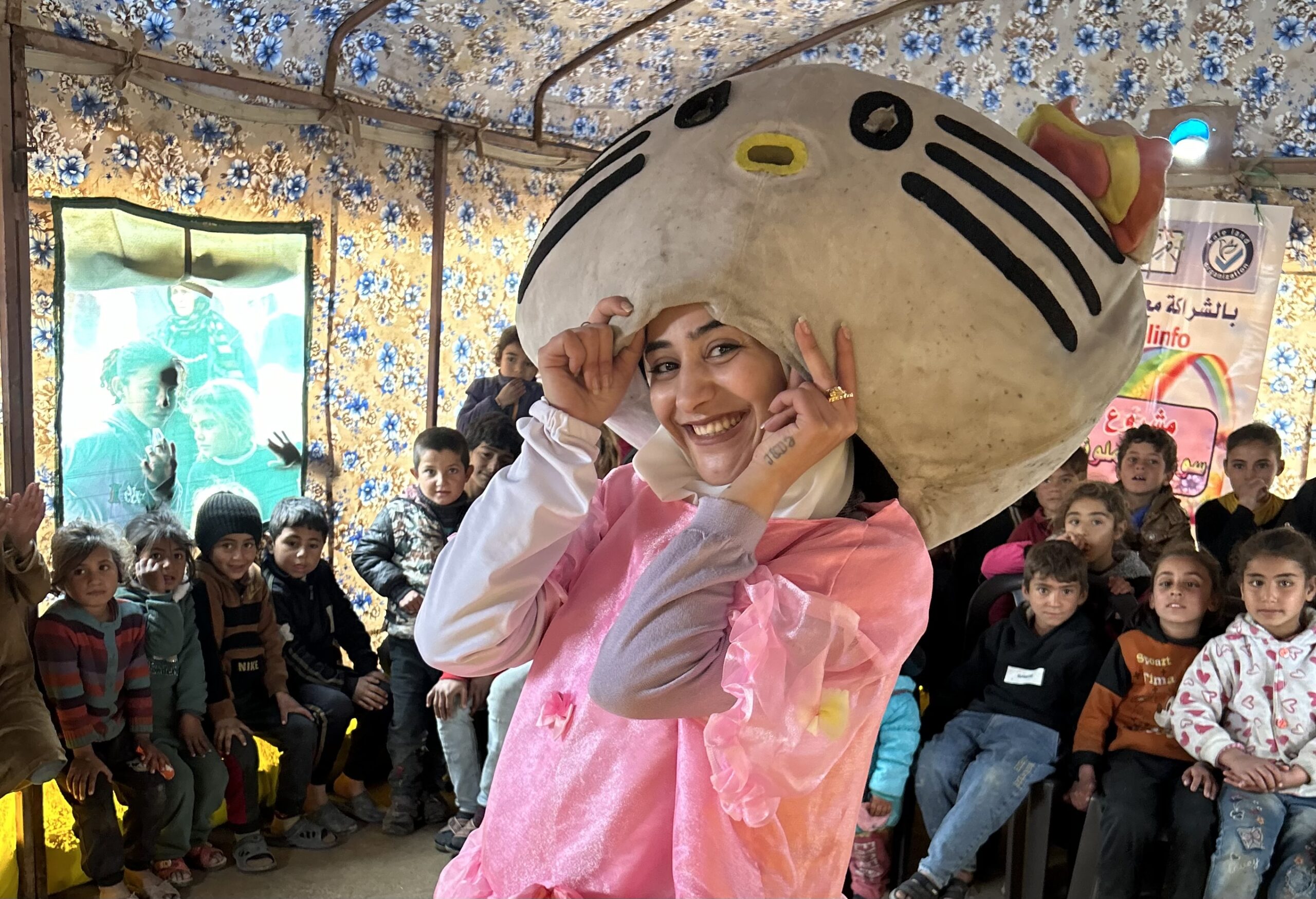
Our team and partners in Northeast Syria
Our team is led by Mustapha Hîsen, Country Director, assisted by Driss. Our partners are the Syrian NGOs Seil in Kobané and Save Land in Raqqa.
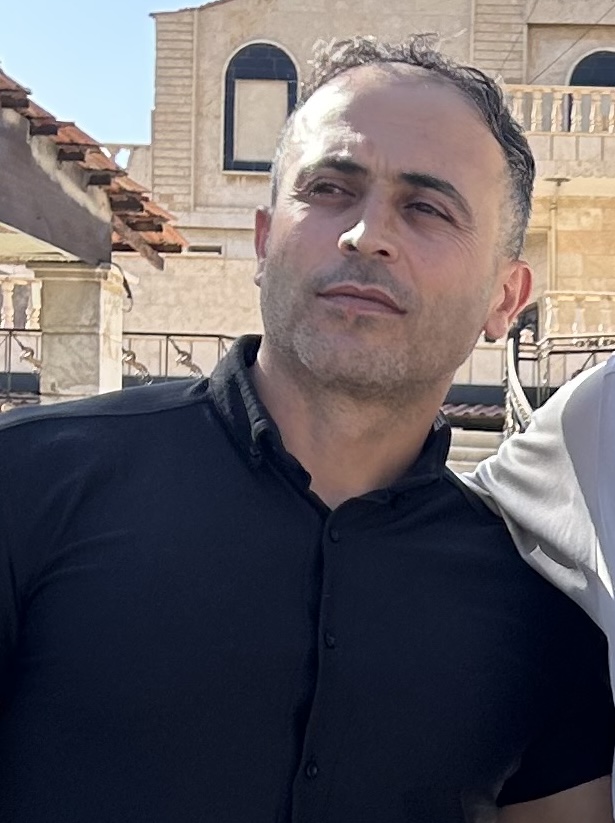
Mustapha Hîlsen
Country Director
Mustapha holds a degree in philosophy.
With the war in Syria, he became actively involved in risk-prevention activities with students in Northeast Syria as part of civil protection efforts. He now leads and supervises Solinfo’s psychosocial support programs in Northeast Syria, as well as our medical assistance and health-prevention activities in Raqqa.
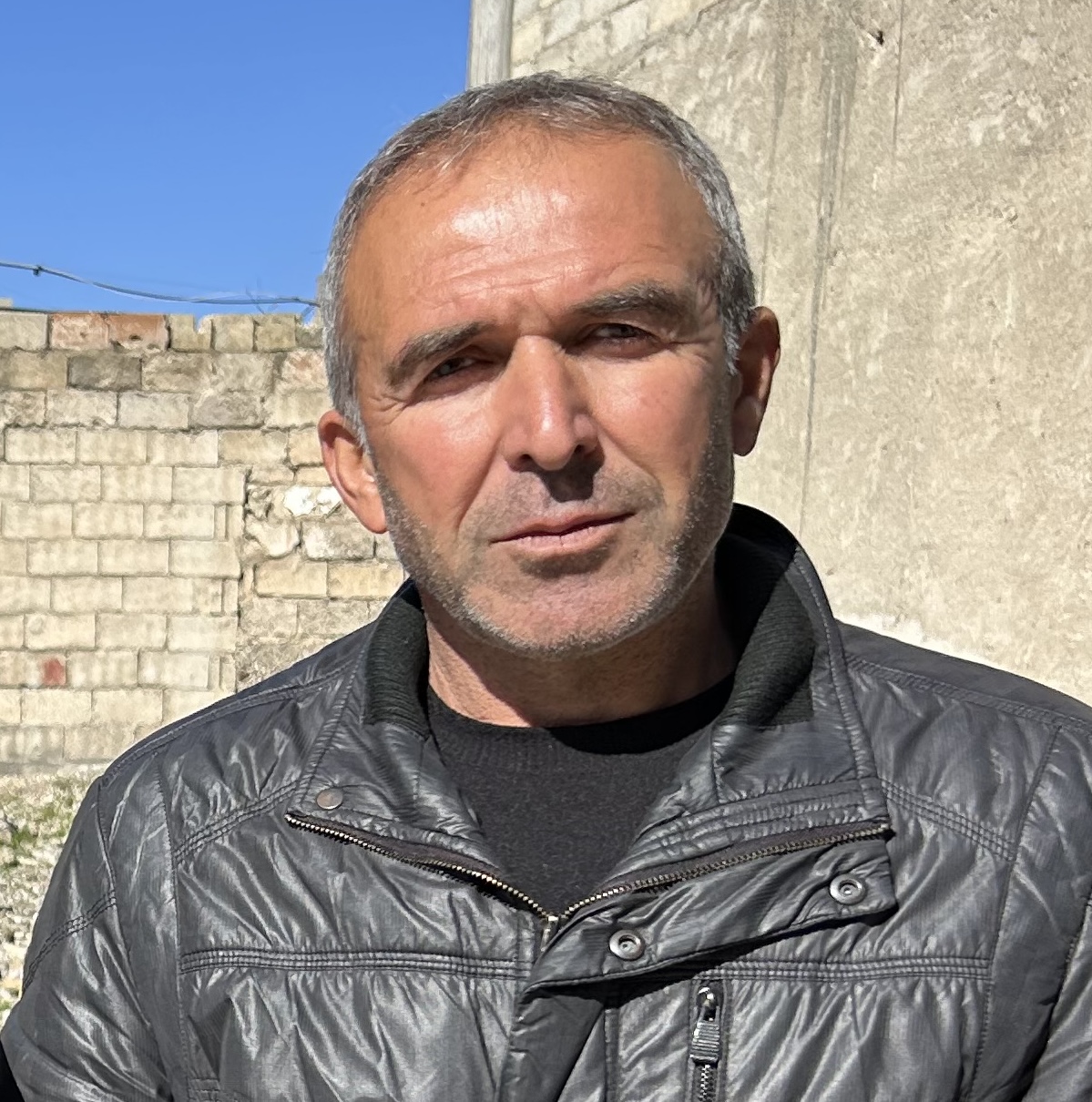
Driss Sheihko
Logistician
Driss responds to the various needs of the centers. He handles the supply of consumables, manages transportation, and supports the facilitation teams — all within the difficult conditions of the region.
Driss travels regularly throughout Northeast Syria to assist the centers and accompany the medical team during their visits.
Nos partenaires en Syrie
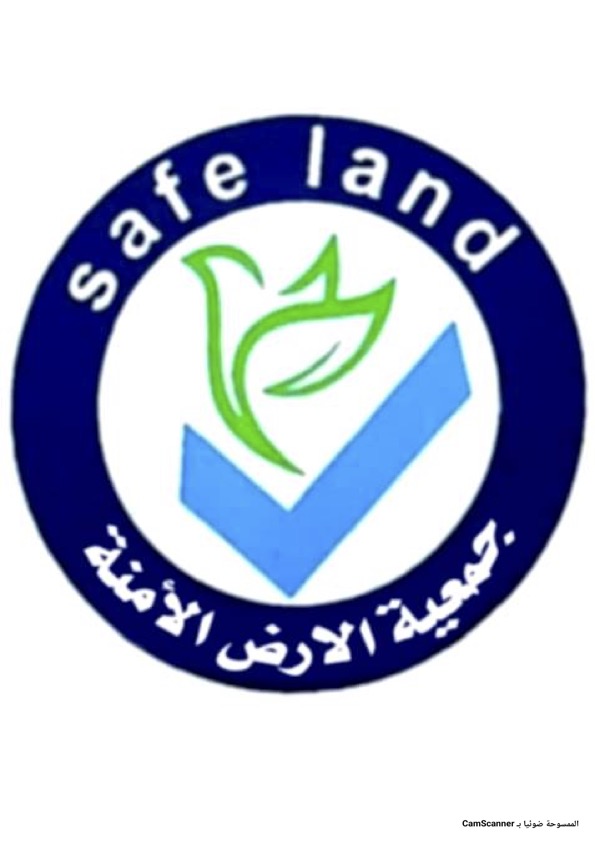
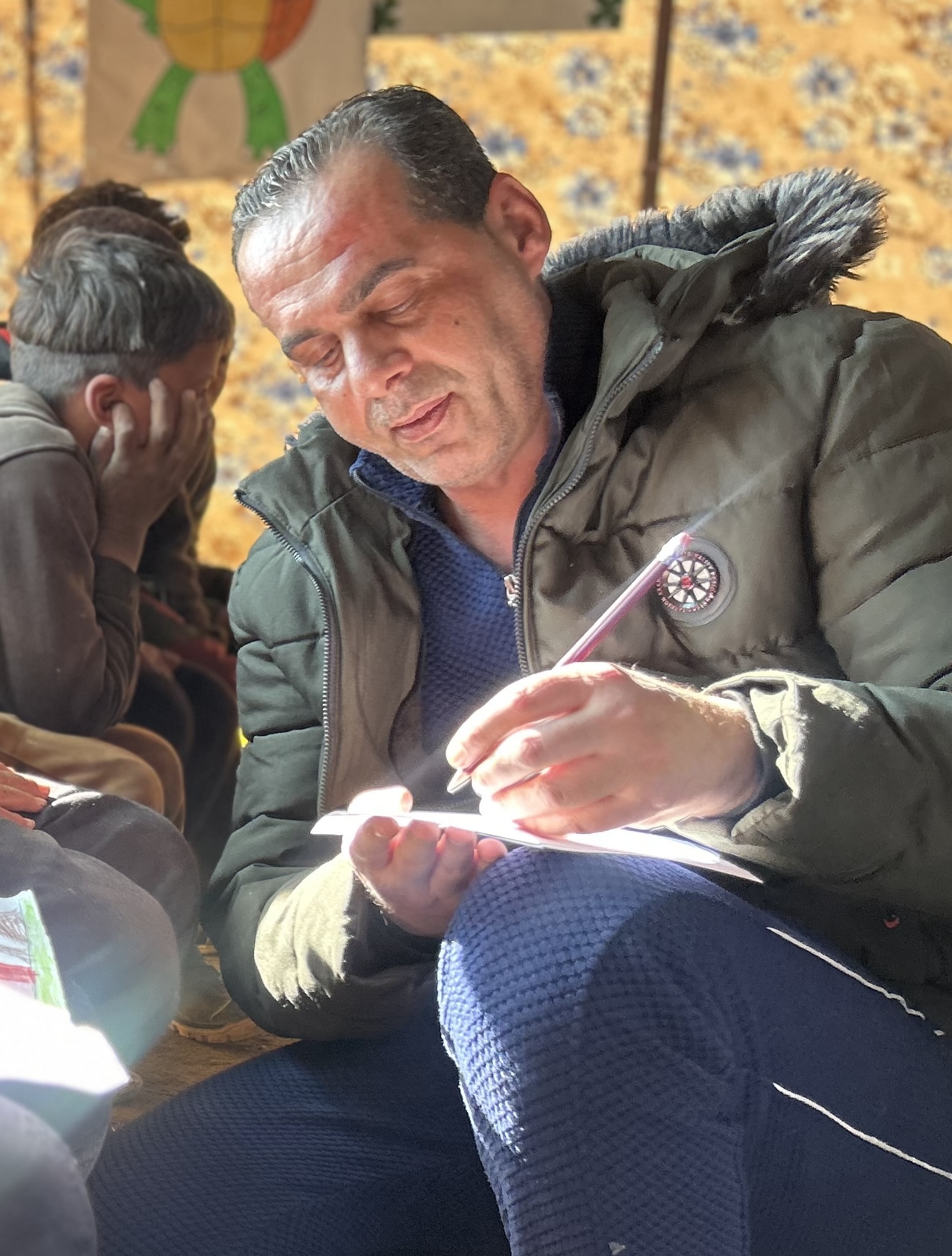
Safe Land
Naji al Matrood
Facilitator at the psychosocial support center in the Salhat al Banat displacement camp in Raqqa. Together with his NGO, we run regular art-mediation sessions and a toy library benefiting around one hundred children living on the public dumpsite. Solinfo complements this work with regular medical consultations and the distribution of hygiene kits for the 600 children in the camp.
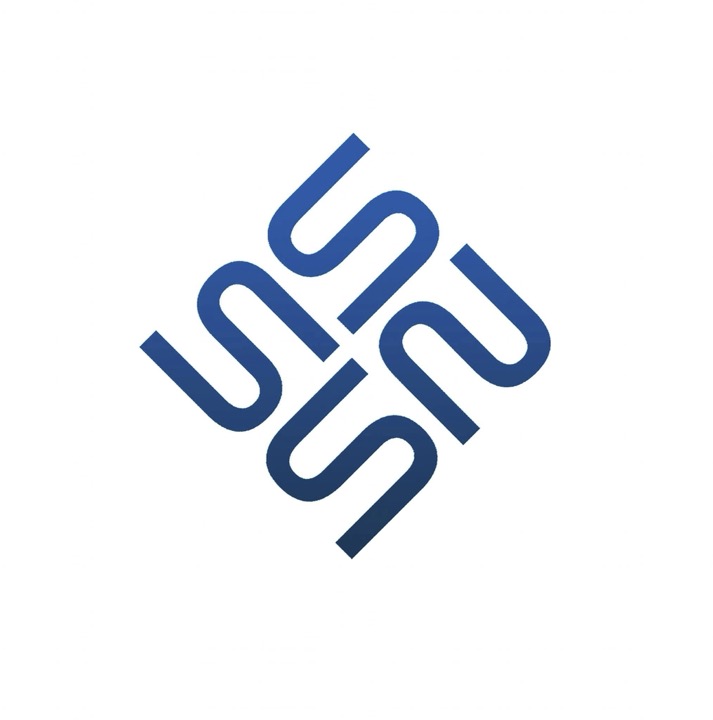
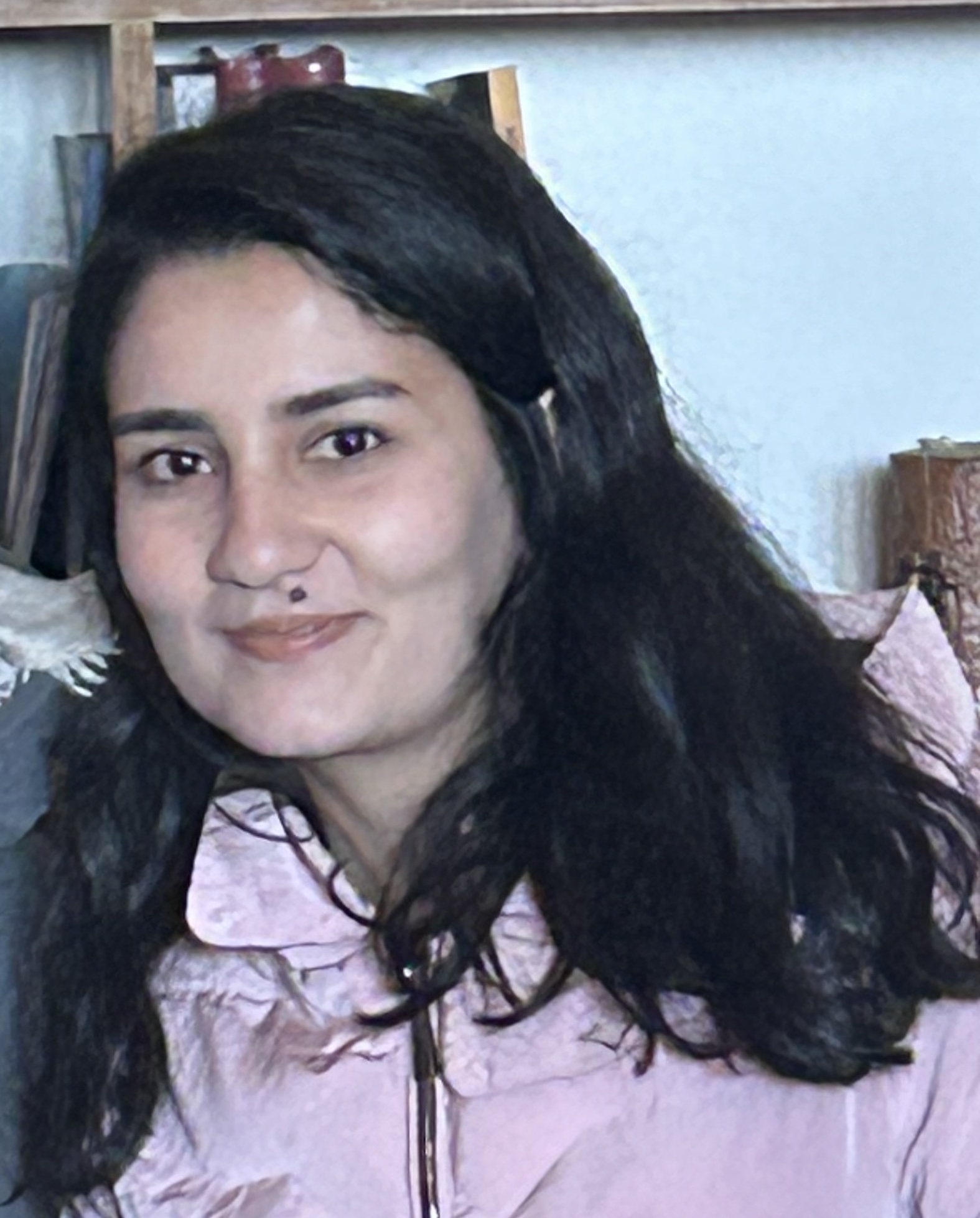
Seil
Rodîn Mihêdîn
Rodin is the founder of the SEIL association and the facilitator of the psychosocial support center in Kobanê.
This art-mediation center offers more than 100 children from displaced families in the Kobanê area a space for expression and emotional reassurance through art and play.
Hygiene kits are also distributed to the children.
Snapshots from the programs in Syria
Art-mediation workshops and medical center
